Avirtual has had the privilege of working with very successful founders and entrepreneurs for many years now. Our virtual assistants have delivered the best service to ensure that work was delivered efficiently, alleviating the plight of the top-notch entrepreneurs that have used our services. One of these entrepreneurs happens to be Andrew Valentine.
Andrew Valentine was the founder of Streetcar, which grew to become the largest carsharing company in Europe. He merged it with US competitor Zipcar in order to achieve a NASDAQ listing which took place in 2011. He has won Ernst&Young’s Young Entrepreneur of the Year in 2009 and The Portman Award for Entrepreneurship 2008.
If anything, Andrew has some great entrepreneurial tips to share. Like many, he followed his passion which led him to become a very successful entrepreneur. We recently sat with him discussing his role as an entrepreneur and what advice he had to offer to others.
What do you think made you become an entrepreneur?
I always wanted to start my own business. I enjoy challenges, and starting and growing a business is one of the biggest challenges you can face. I started my first business while I was in university – launching a radio station with a friend of mine – and from then on I was hooked.
What do you think are your core strengths?
I think a key strength is my optimism. A vital characteristic of all entrepreneurs is to always see the opportunity, and you need to be positive even when an event or environment is turning against them.
How do you overcome any of your weaknesses?
The biggest weakness that most entrepreneurs have is a lack of experience about how to tackle the challenges they face. Most entrepreneurs have masses of passion and drive and very limited experience, and so the greatest weakness we have to face as entrepreneurs is building our knowledge. We can, however, overcome that by reading, by listening to mentors and self-educating.
Other than deciding to work for yourself, what was the single most important decision you made that contributed to your success?
My biggest contributor was my decision to do an MBA. Many successful entrepreneurs show that it is quite feasible to become very successful without any formal education at all, I think it’s just more likely you will succeed with a decent grounding in how companies work.
What habits helped make you successful?
I think there are two, one being a relentless focus on the services that are provided by my businesses – a habit of how to provide the very best service possible to customers. And number two would be being goal oriented – looking at the outcome that I would want to achieve in the business and working back from that goal to clear all the blockages that might interfere with it.
What were some of the biggest lessons that have impacted the way that you work?
One great lesson I learnt was from the chairman of Streetcar, Sir Trevor Chinn. Trevor showed me the benefit and technique for harnessing a group of people, a team, harnessing their input to achieve a better goal that could not be achieved individually, and how to bring that team together, how to stimulate discussion and how to draw out everybody’s opinions to reach a better conclusion.
How did you get your idea or concept of the business?
Coming up with the concept for Streetcar was an exhaustive process that I went through. My co-founder, Brett, and I spent months looking at hundreds of different business models in a whole bunch of countries and we had some clear criteria as to what kind of thing we would be able to do, where it would work, what our skills were. We found one day this car-sharing model that was actually working in Switzerland since the 1950’s, but with less tech, and we felt that it was a really interesting opportunity to do it in London, and that’s how it came about in 2004.
What are your responsibilities as the business owner?
Making it succeed. That way everyone has the best career opportunities that business can provide. Giving back to your shareholders what you promised, and making sure that the promises that you made to customers are being delivered and that you are authentic as a business.
If you had one piece of advice to someone just starting out, what would it be?
Choose your business model very carefully. A lot of entrepreneurs will have an inkling that they want to do something and will try to pursue a model that they have stumbled upon. There’s a step that they should and could take a lot sooner which is to take a decision to launch a business and then start a process to look for the right model, and it’s in that process that a more interesting opportunity will present itself.







